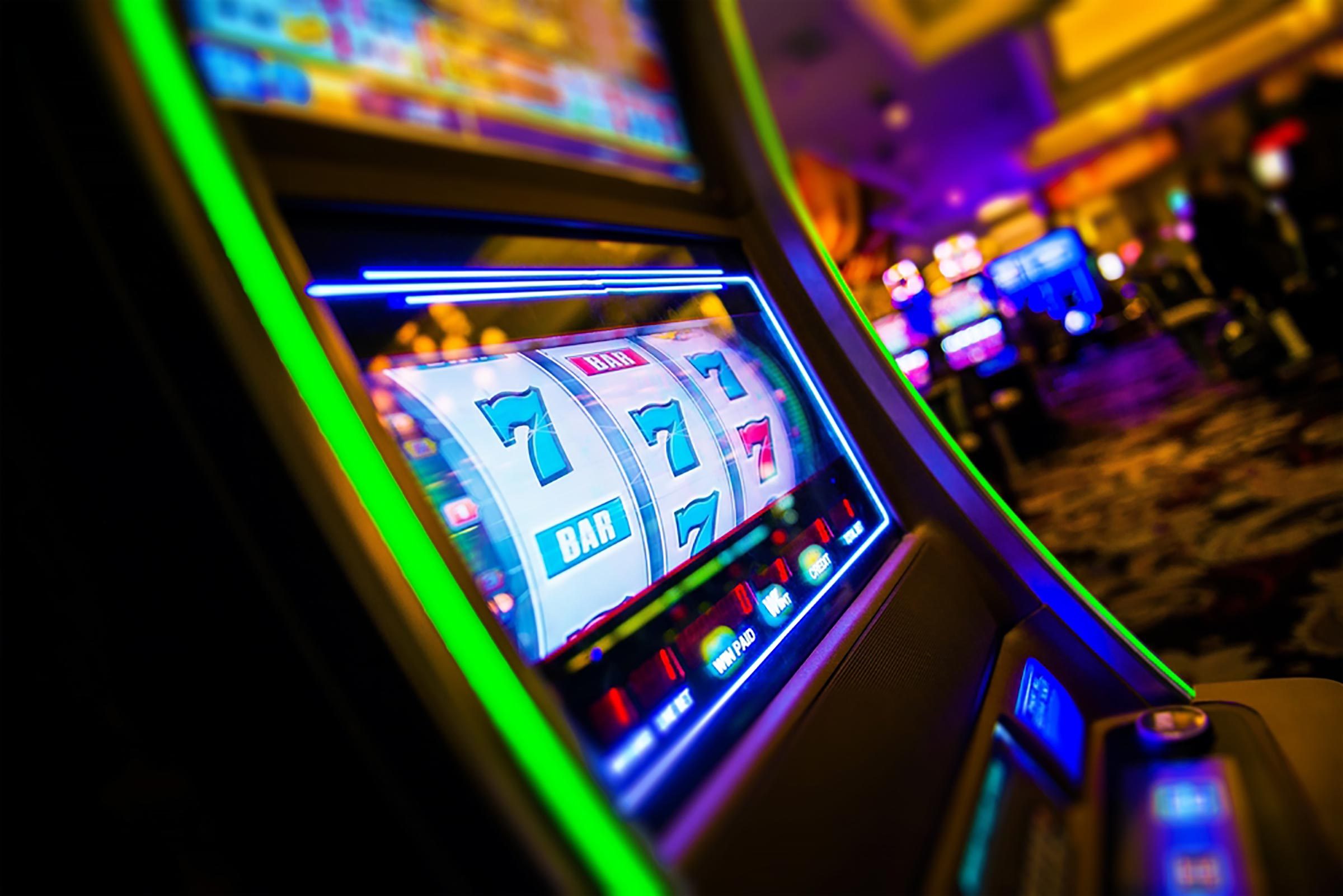
Casino games have long been a staple in human culture, delivering not just entertainment but a fascinating reflection of our hopes, ambitions, and fears. From the spinning reels of a slot machine to the strategic gameplay of poker, these games represent a spectrum of human feelings and experiences. At their core, casino games are not just a chance to make profits; they are a reflection of life itself, where danger and gain converge and luck can change in an instant.
As players assemble around tables or sit in front of vibrantly illuminated machines, they take part in a ceremony that transcends mere playing. These games reflect our instinctive desires for social interaction, excitement, and the pursuit of luck. They also disclose deeper truths about human psychology, such as our relationship with luck and the thrill of uncertainty. In exploring casino games, we reveal not only the mechanics of play but also the complex weave of the human story, showcasing our intertwining narratives of hope and reality.
The Mind Behind Gambling
Wagering is intrinsically connected in human psychology, tapping into various emotions and wants. The thrill of taking risks is a fundamental aspect that draws players in, be it it’s excitement of spinning a roulette wheel or the anticipation of drawing a winning hand in a poker game. This rush of adrenaline is frequently likened to other forms of thrill, as the uncertainty of outcomes triggers a distinct psychological response. Players often become entranced by the possibility of striking it rich, leading to an almost magnetic draw toward gambling games.
Another, an essential component of the psychology behind gambling is the concept of optimism and aspiration. Players often nourish fantasies of financial freedom and the luxurious lifestyle that can accompany winning. This optimism fuels their continued participation in gambling, as it provides a sense of purpose and the conviction that a life-changing win could be just one wager away. The story of overcoming odds and finding success resonates with many, strengthening their commitment to play and engage with these games.
Lastly, social aspects play a crucial role in gambling psychology. Casino environments are designed to promote social interaction, where players gather to share the experience of wins and losses. This communal aspect not only enhances enjoyment but also affects behavior, as individuals often mimic the actions of others around them. The collective approval found in shared excitement can magnify the emotional experience, making casino games a reflection of not just personal desires but also shared involvement within the gaming community.
### Risk and Reward: A Double-Edged Sword
Gambling games embody the fragile balance between danger and gain that resonates profoundly with the human experience. The excitement of placing a wager is often accompanied by a surge of excitement, as participants are confronted with the possibility of striking it rich, yet fully aware of the risk to suffer losses. This twofold experience reflects a core aspect of life: the decisions we face often come with intrinsic risks, and the quest for benefit can push us to embrace risks we might not otherwise consider. In this way, casino games mirror real-world decisions, enticing gamblers to risk not just their capital, but also their hopes.
The allure of grand jackpots and winnings fuels a feeling of positivity, motivating gamblers to envision a better future that could emerge from a lucky spin of the roulette or dealing of a hand. This positive outlook can drive individuals to engage in greater risks, pushing them to take greater risks in search of monetary success. However, just as in life, the results of these risks can lead to both victory and despair. The narratives of both jackpot winners and those who have suffered everything at the casino demonstrate the random nature of chance and its impactful impact on our lives.
Ultimately, the experience of engaging with gambling activities serves as a vivid illustration of the nature of humanity. Every game played is loaded with the tension of uncertainty, as players weigh the rewards against the dangers. meilleur casino en ligne This interaction not only highlights the thrill that comes with gambling but also exposes the risks that come with the longing for more. As we explore the complexities of choice and results in both the casino and in life, we find that the quest for gain shapes our sense of self and experiences in significant manners.
Culture and Loneliness in Casino Environment
Casino culture is a distinct blend of communal interaction and personal endeavor, reflecting the tensions of human experience. Players often gather around tables, experiencing in the thrill of the game, rejoicing in wins, and commiserating over losses. This social aspect is vital, as it creates a sense of community and bonding among varied groups of individuals. Regular visitors to casinos may build friendships and develop routines, turning the casino into a alternative home where they experience connected to a larger community of players.
However, the attraction of casino activities can also result to loneliness. As players become engrossed in the thrill of gambling, they may withdraw from personal relationships or fail to engage with the world outside the gaming space. For some, the search of a jackpot can distract from real connections, leading to isolation. The experience of being among people yet feeling solitary is not uncommon, as the focus shifts from shared enjoyment to the private stakes of each individual’s journey.
This interplay of community and solitude creates a vivid tapestry that defines gaming atmosphere. It highlights the complexity of human interactions, where joy and sorrow coexist. Casinos serve as both a refuge for social interaction and a stage for individual challenges, illustrating how deeply connected our yearning for companionship and the individual quest for fortune can be. In navigating this landscape, players confront their own narratives—seeking both the thrill of the wager and the companionship of other players, ultimately reflecting the broader spectrum of individual experience.
